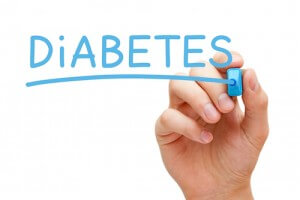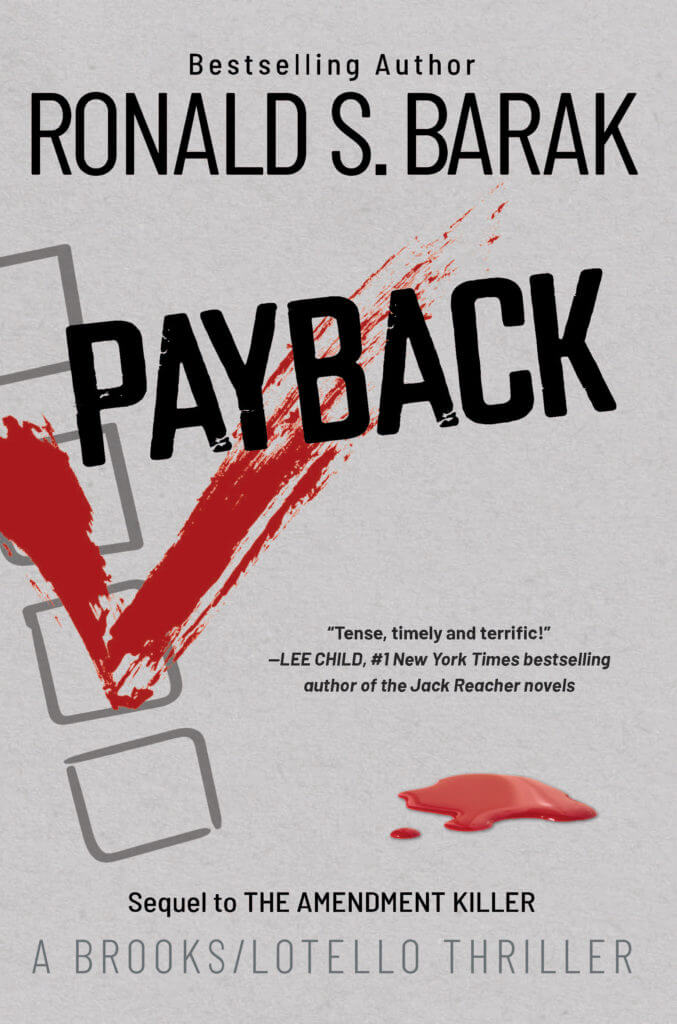There are 30 million diabetics in the U.S. today. Give or take, that’s about 10% if the total U.S. population. And, worse still, there are another 79 million Americans, a large number of them children, who are pre-diabetic. Pre-diabetic? That means people who test as near diabetic, and are prone to becoming diabetic.
Think about how staggering that is. Say you are at one the 2015 NBA finals basketball games, sitting in a packed arena with around 21,000 spectators. That means 7-8,000 of those in attendance are diabetic or pre-diabetic. And it probably includes five or more of the basketball players on the two teams.
That’s pandemic. And it’s getting worse each year.
Why? Why so many and why are the numbers afflicted growing so much?
At the end of the day, it’s a combination of bad genes and bad habits. Unfortunately, your genes are what they are. Not much you can do about those. They come with no return policy.
Habits. Those are a different story. Too much food, which generally means too much weight. In particular too much bad food, meaning food high in carbs. What food are high in carbs. Think about it this way. If you like it, it probably has too many carbs. Candy, chips, and a lot more. Chances are if it’s white, it’s high in carbs. White bread. Potatoes. Rice. Pasta. And alcohol and tobacco. Did I mention those?
Too much of the wrong kind of consumption and too much weight raises the odds of you becoming diabetic. Even if your genes are “good.” But there are more bad habits. Not enough sleep, in particular not enough quality sleep. And did you notice that as your weight goes up the quality of your sleep, and the quality of the sleep of those around you, decreases? And lack of exercise. And did you notice that as your weight goes up the more sedentary you tend to become?
Stress is another habit thought to increase the odds of one becoming diabetic. It doesn’t happen to everyone under a lot of stress for any extended period of time. But what satisfaction will you take in the fact that you became diabetic and your next door neighbor did not?
I’m not a preacher. I don’t want to preach. I’m diabetic and I can’t blame it on bad genes. My parents and grandparents had great genes. At least none of them were diabetic. As far as I know, I’m the first in my family. Hooray for my A Personality self, another first! For decades, I felt great, didn’t weigh too much, didn’t eat too much, was an Olympic athlete and got plenty of exercise, worked hard, thrived on stress (the “good” kind—there isn’t any good kind), and slept too little. And then one day, after a physical, my doctor told me I was diabetic.
So, that brings us to the subject of cures. For diabetes. Are there any? Yes and no. And stay tuned.
The best cure is not to get it to begin with. Once you have it, it’s pretty tough to get rid of. I manage my diabetes very well and have no diabetic side effects. But my diabetes is not going away. A very lucky few have been able to reverse it, but they are few and far between. And don’t believe most of those that tell you they have beat it. I’m not a psychiatrist either. I don’t know why they lie to themselves, or to you, but very few ever reverse it. So, the first cure is don’t get it.
But what if you have it? Unless you know how to change your genes, changing your habits is the only thing likely to help. Cut back on the bad stuff mentioned above and increase the good stuff. Be your own advocate. Read. The good stuff. Not the old “spouses’” tales. Take those with a grain of salt, unless it comes packaged in chips. Learn what works for you. It isn’t always what works for the other guy. Everybody’s chemistry is different. This is one science that works on good old fashioned trial and error. Get a good endocrinologist to help you. Take the right kind of meds.
The good news is that science is advancing. Within our lifetimes, there will be cures for both Type 1 and Type 2 diabetes. “I guarantee it.” It’s honestly not that far off. Especially if you’re young.
In the meanwhile, let me share one example of what not to put much stock in. Perhaps you know of presidential hopeful Mike Huckabee. He’s diabetic. Or at least he was. When he was diagnosed, he changed his habits, big time. He lost over 100 pounds, started an extensive jogging program. And he really got healthy. Meaning he started behaving healthy.
Huckabee says he’s no longer diabetic. A thousand congratulations to him and ten thousand kudos to him. But I’m not so sure. Once an alcoholic, always an alcoholic. Even if you’re not drinking. I’m not a doctor, but I believe, similarly, once a diabetic, always a diabetic. Even if your blood sugars aren’t high any longer. It’s just a few of the wrong kinds of meals around the corner.
On Face the Nation, on May 10, Huckabee was confronted about why he has been publicly hawking a cinnamon supplement to cure diabetes. He said he’s diabetes free. Maybe true, maybe not. Remember, he is a politician running for President. However, what he didn’t say was that he’s diabetes free, if he is, it’s because of his habits, not his cinnamon supplement. And when challenged, he backpedaled. (Years ago, I tried cinnamon, before Huckabee was pushing it, because others were hawking it. No harm in trying. Guess what? Like the American Diabetes Association says, it doesn’t work. And it didn’t work for me.)
So cures are coming. Sound cures. In the meanwhile, use common sense and credit Huckabee for what he is, a capable politician (is that an oxymoron?) who dug in and did what he needed to get healthier, if not diabetic free, but not because of any penchant he might have for cinnamon.
Join the discussion either by logging in just below or by signing into your favorite social media outlet. If you’re having trouble, please follow these instructions to guide you! Thanks!








